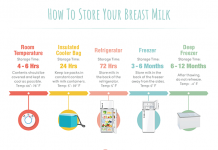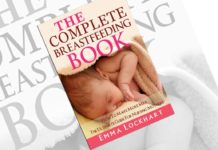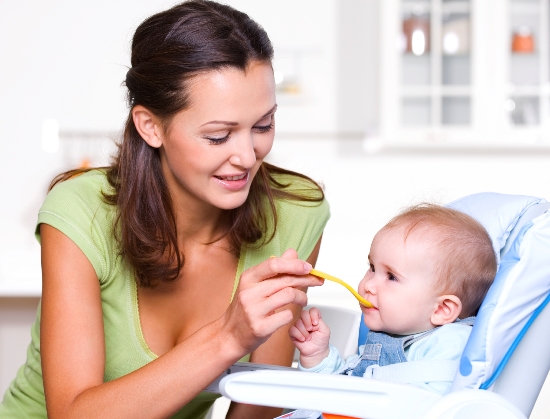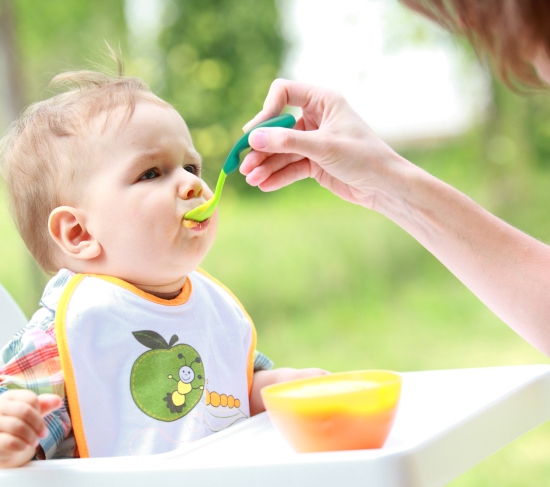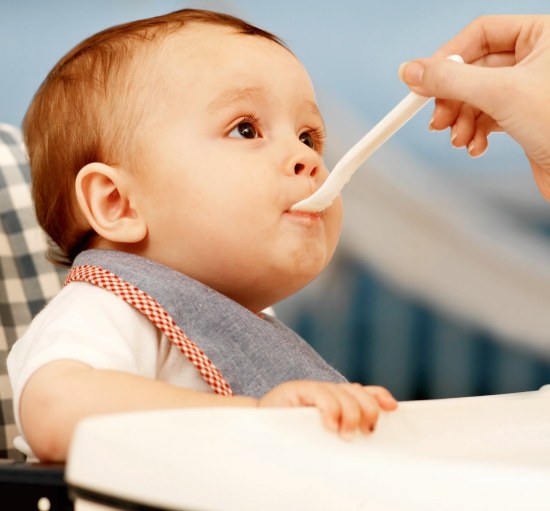It is common for new mothers to be bombarded with messages such as “breast is best” and to be told about studies that show how breastfeeding reduces a baby’s risk of diseases, disorders and obesity later in life.
However, a study published in the British Medical Journal now suggests that women being told to breastfeed exclusively for the first 6 months may not be realistic, and could put pressure on new mothers.

Not enough support for breastfeeding
According to Dr. Pat Hoddinott, from the University of Aberdeen in northern Scotland, lead author of the study, women seem to get a lot of information about why they should be breastfeeding before they give birth, but there is not enough support available after the arrival of the baby.
Dr Hoddinott likened the situation with being told how to ride a bicycle before one actually got a bicycle.
What is actually required is that once a woman has her baby, there should be support available to her in terms of someone who offers guidance and encouragement, spending time with the new mother and giving her a confidence boost.
This is why so many women who start out breastfeeding with the best possible intentions are not able to continue with exclusive breastfeeding for the recommended period of 6 months.
It is an all or nothing basis that doesn’t take into consideration other factors such as the needs of a woman and her family.
What recent research says about breastfeeding
In spite of the problems that women do continue to face when it comes to continuing breastfeeding, new research about its benefits continue to come to light.
Not only does it protect against disease and infection by boosting immunity, it can also help reduce risk of children developing allergic conditions or asthma. It also reduces risk of hypertension, obesity and diabetes in adulthood.
Another reason to try and continue to breastfeed is for the benefit to the mother. If a child is breastfed until its first year, it is said that it could cut risk of developing breast cancer by about one third among those who have a family history of the disease.
Women who breastfeed up to one year are 32% less likely to develop breast cancer than those who do not breastfeed. The benefit of this was seen among women who carry the BRCA1 gene and not women who carry the BRCA2 gene.



